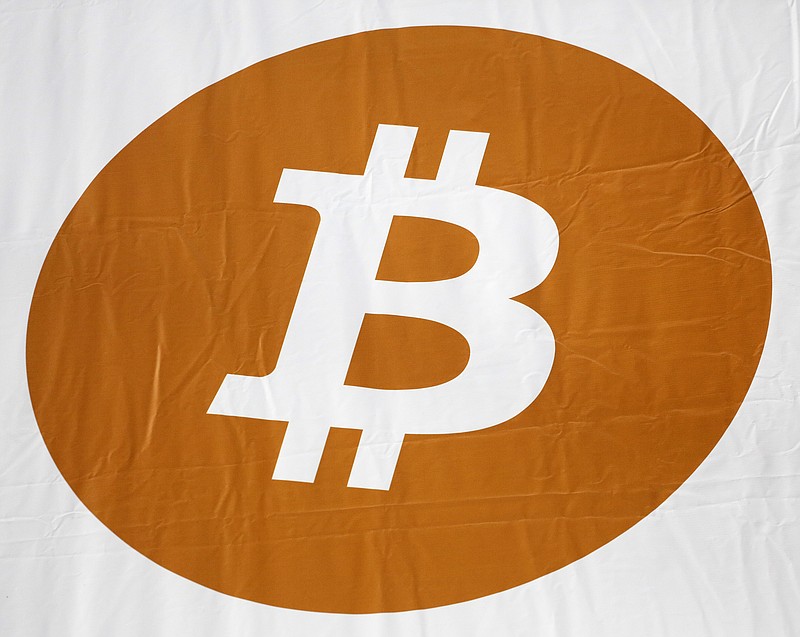The other day my barber asked me whether he should put all his money in bitcoin. And the truth is that if he'd bought bitcoin, say, a year ago he'd be feeling pretty good right now. On the other hand, Dutch speculators who bought tulip bulbs in 1635 also felt pretty good for a while, until tulip prices collapsed in early 1637.
So is bitcoin a giant bubble that will end in grief? Yes. But it's a bubble wrapped in techno-mysticism inside a cocoon of libertarian ideology.
Bitcoin is the biggest, best-known example of a "cryptocurrency": an asset that has no physical existence, consisting of nothing but a digital record stored on computers. What makes cryptocurrencies different from ordinary bank accounts, which are also nothing but digital records, is that they don't reside in the servers of any particular financial institution. Instead, a bitcoin's existence is documented by records distributed in many places.
And your ownership isn't verified by proving (and hence revealing) your identity. Instead, ownership of a bitcoin is verified by possession of a secret password, which - using techniques derived from cryptography, the art of writing or solving codes - lets you access that virtual coin without revealing any information you don't choose to.
In principle, you can use bitcoin to pay for things electronically. But bitcoin turns out to be a clunky, slow, costly means of payment. There's really no reason to use bitcoin in transactions - unless you don't want anyone to see either what you're buying or what you're selling, which is why much actual bitcoin use seems to involve drugs, sex and other black-market goods.
Bitcoins are, sort of, the digital equivalent of $100 bills.
Like bitcoins, $100 bills aren't much use for ordinary transactions: Most shops won't accept them. But "Benjamins" are popular with thieves, drug dealers and tax evaders. And while most of us can go years without seeing a $100 bill, there are a lot of those bills out there - more than a trillion dollars' worth, accounting for 78 percent of the value of U.S. currency in circulation.
So are bitcoins a superior alternative to $100 bills, allowing you to make secret transactions without lugging around suitcases full of cash? Not really, because they lack one crucial feature: a tether to reality.
Although the modern dollar is a "fiat" currency, not backed by any other asset, like gold, its value is ultimately backed by the fact that the U.S. government will accept it, in fact demands it, in payment for taxes. Its purchasing power is also stabilized by the Federal Reserve.
Bitcoin, by contrast, has no intrinsic value at all. Combine that lack of a tether to reality with the very limited extent to which bitcoin is used for anything, and you have an asset whose price is almost purely speculative, and hence incredibly volatile. Bitcoins lost about 40 percent of their value over the past six weeks.
Bitcoin's untethered nature also makes it highly susceptible to market manipulation.
But what about the fact that those who did buy bitcoin early have made huge amounts of money? Well, people who invested with Bernie Madoff also made lots of money, or at least seemed to, for a long time.
As Robert Shiller, the world's leading bubble expert, points out, asset bubbles are like "naturally occurring Ponzi schemes." Early investors in a bubble make a lot of money as new investors are drawn in, and those profits pull in even more people. The process can go on for years before something brings the party to a sudden, painful end.
When it comes to cryptocurrencies there's an additional factor: It's a bubble, but it's also something of a cult, whose initiates are given to paranoid fantasies about evil governments stealing all their money.
So no, my barber shouldn't buy bitcoin. This will end badly, and the sooner it does, the better.
The New York Times
